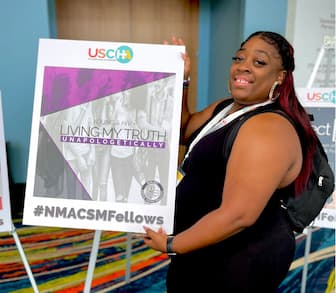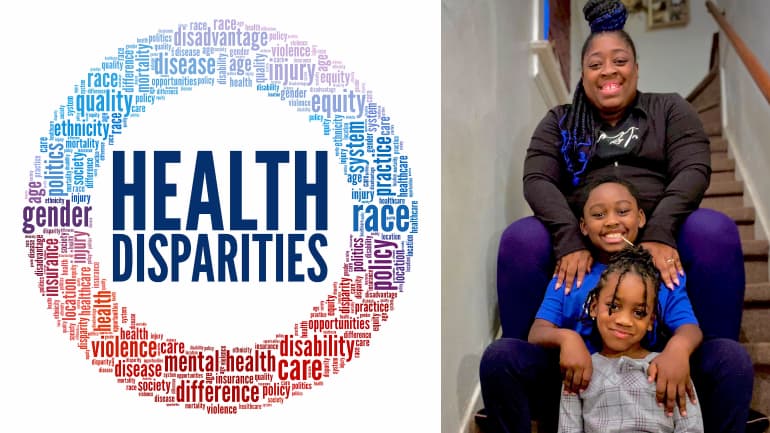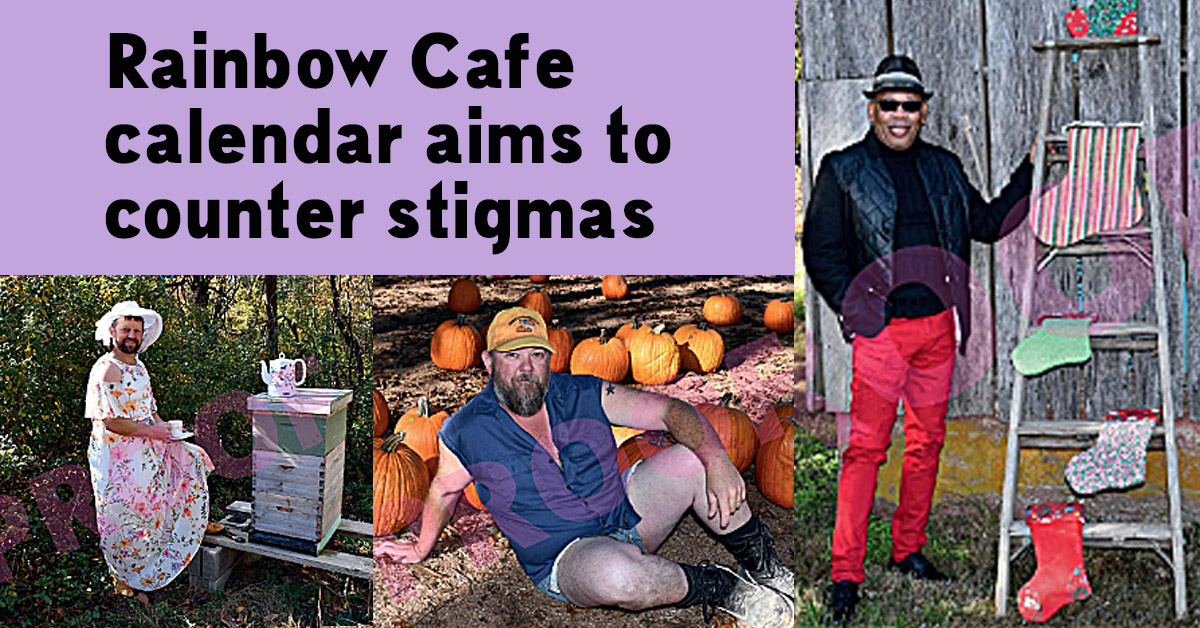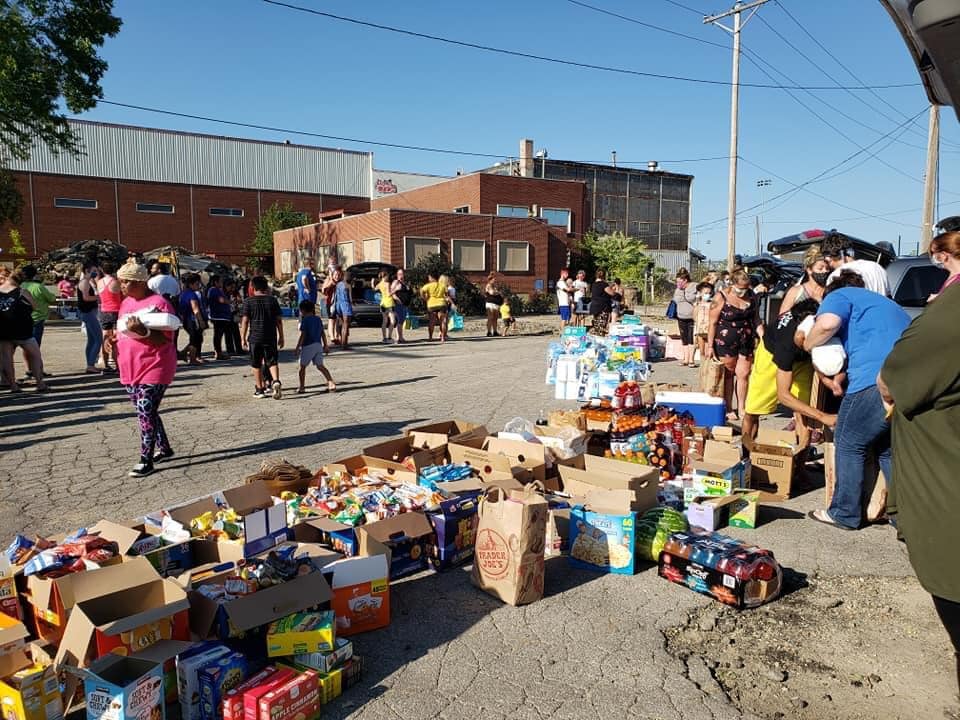Growing up, I never really paid attention to things like racism and politics.
I don’t know if it’s because I was born in Iowa and my mother has always made me feel safe. Or if I was just young.
The HIV/AIDS community connects to so many things: health, housing, mental health, drugs, and yes, race relations. So when I began to educate myself about HIV/AIDS, I also learned about racism and politics.
Since my diagnosis five years ago, I think back on times in my life and have realized, “If I looked different, maybe I would have been treated differently.”
Here’s one great example: When I had my son, I couldn’t sit on my bottom for an hour or two after the birth. I kept telling the nurses, but no one listened.
My sister had to go out and get a doctor who finally listened. Turned out, the birth had ripped my insides, and I needed immediate surgery.
Black women historically face racial disparities in health care
I’ve always tried to see the positives in life, instead of pointing out negativity. After contracting HIV, I could no longer overlook that Black women have faced racial disparities in health care from the beginning of time.
For example, Black women are three times more likely than white women to die during childbirth, says the Centers for Disease Control.
Women overall are twice as likely as men to have depression, and more likely than white women to feel sad, but Black women are only half as likely to get mental health care (Psychiatric Times).

Destiny Smith, now a peer navigator with The Project of the Quad Cities, is a frequent presenter as an AIDS/HIV advocate at conferences like the United States Conference on HIV/AIDS.
The stereotype of the “strong Black woman” can interfere with getting help. Black people in general, but especially women, are far less likely to receive treatment for pain management, reports Capital B News.
When I learned all of this, I wished I’d paid better attention. I hadn’t realized before that these things were affecting me. I now realize they’ve always affected me and most of my friends and family.
Now, I’ve chosen to be part of the change. I think people like me, who are living with HIV/AIDS, need to be more a part of decision-making in this field. Honestly, in health care overall, more training and education is needed about different races and cultures, because racism continues to affect us all and especially those living in challenging conditions.
People come in all different ways. We all need to start changing our mindsets and educating ourselves. So much free knowledge is in the world today, there’s no reason we can’t be constantly learning. Also, if we don’t know how the world’s systems work, we can’t help where we are needed.
I’m going to help you figure out those systems, and find out how you can help. I’ll be bringing you my own advice, stories, and life experiences as a Black woman and single mom living with HIV/AIDS.
I hope you’ll find what I have to give will help you in any aspect of your life.
(This article first appeared in the May 2023 print edition of The Real Mainstream. Photos courtesy of Destiny Smith, pictured above with daughter Zamaya and son Zamir. Reach Smith through her Instagram page, or her Facebook page)






